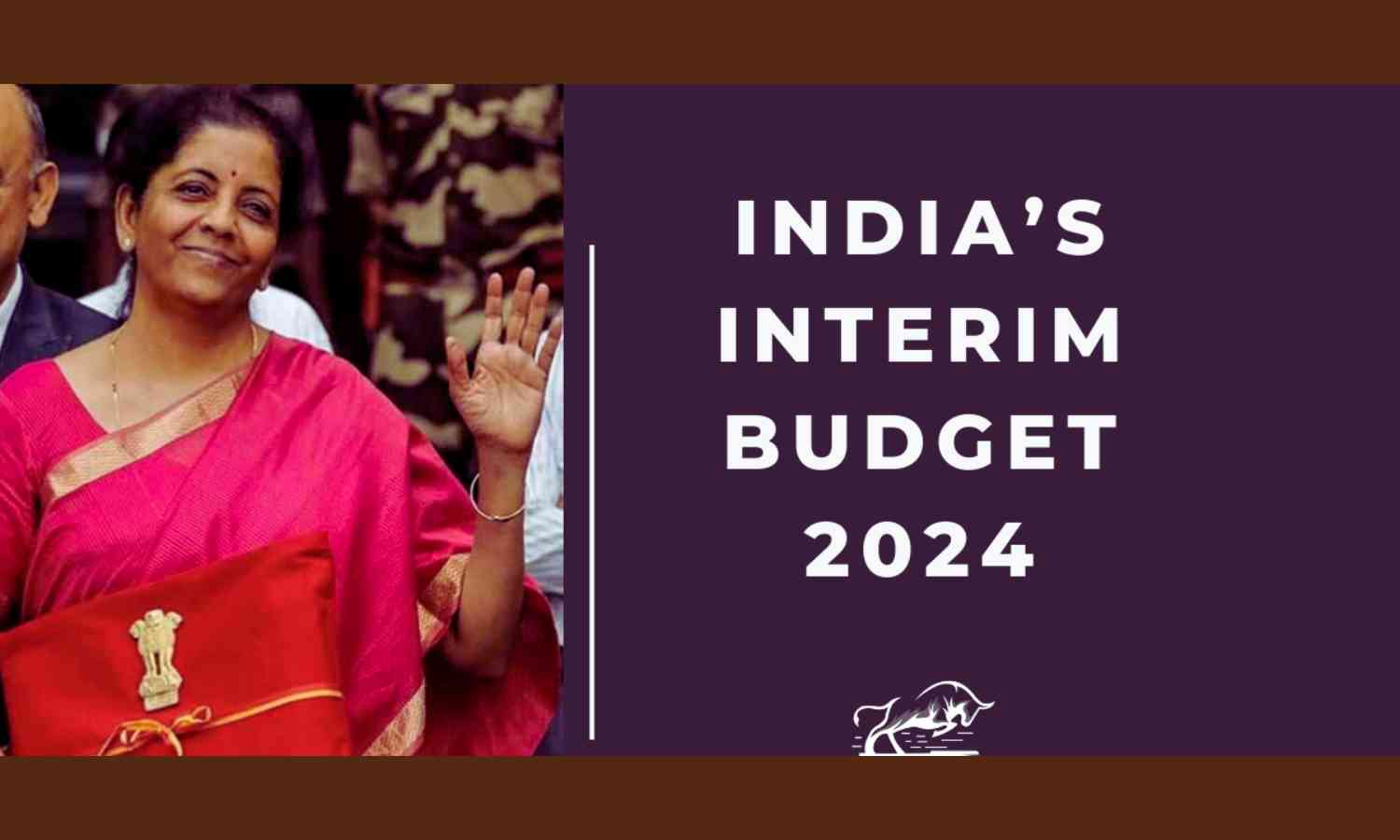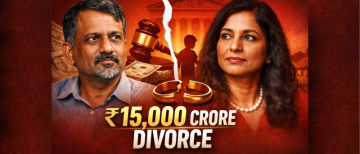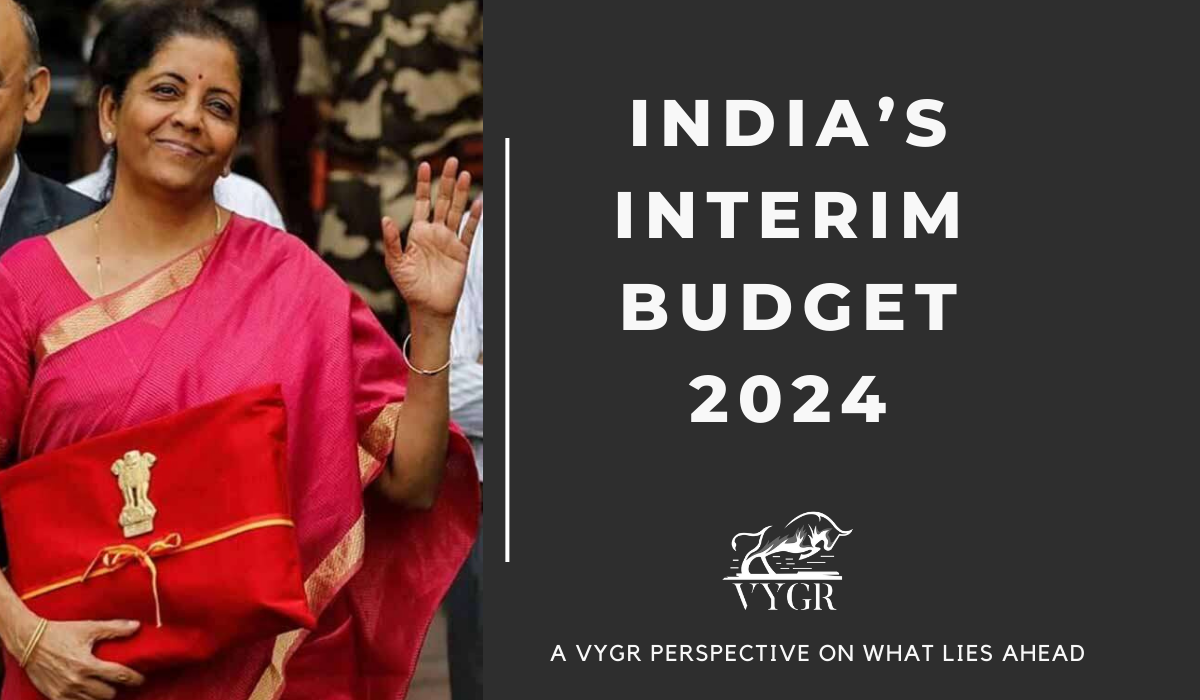
Budget '24 - Election Year Promises or A 10-Trillion Dollar Economy Move?
India is a rapidly growing economy, with a population of over 1.3 billion people and a GDP of over $3.7 trillion. As the country approaches the year 2024, the upcoming budget is on the minds of many. But this isn’t the budget document that will be final and binding for India’s Financial year 2024-25. And yet it is important? No prizes for guessing why. It is purported to have glimpses of what the NDA government is looking to canvass to its eager audiences – What the next 5 years could look like for you if they get re-elected.
But, there will also be an air of caution. Too much jingoism could lead to the party fizzling out even before it begins. This IS, after all, only an interim budget. The main one which would be drawn out and announced post elections would have the real whole executable picture. The budget for this year could then have the potential to be a 10 trillion-dollar move for the Indian economy. But will they begin now?

Will the Interim Budget 2024 be centred on election-year promises like it is expected to be, or will it be a promise to boost the economy taking it to the 10-Trillion Dollar dream as promised over the past few years? Vygr takes a closer look.
A few opening thoughts:
According to present finance minister Nirmala Sitharaman, the 2024 budget will be "Budget that will just be a vote on account". The 2024 budget will be a vote on account budget, where the government announces a budget only for the next 2 months, which can be extended to 4 months in exceptional cases. Basically, the budget will contain expenditures to meet the demand of ongoing projects and salaries of central government employees.
You must know, that the vote on a budget is different from the interim budget; the interim budget contains the current state of the economy of the country's future plans, alterations in tax rates and non-plan expenditures. The interim budget is discussed and passed in Lok Sabha, unlike the vote on account budget, which is passed without any formal discussion. India is no stranger to election year promises.
As we went around the industry for thoughts Divyaraj Singh, Founder & CEO, Daftarshop.in mentioned, “I am eagerly awaiting the upcoming budget to address important aspects of the B2B procurement and manpower supply industry. Focus on digital infrastructure, incentives for MSMEs and policies promoting ease of doing business can drive growth. Incorporating initiatives that support sustainable practices and tech-driven solutions will be paramount. A balanced approach to taxation and regulatory framework, along with investment in skill development, can further strengthen the ecosystem. The Budget presents an opportunity to strengthen the backbone of businesses, and I look forward to measures that will empower innovation and resilience in our sector.”
Hopes galore from the industry. But is there a headroom for the government to carry out a manoeuvre now? Or would they rather keep their powder dry till the post-election story.
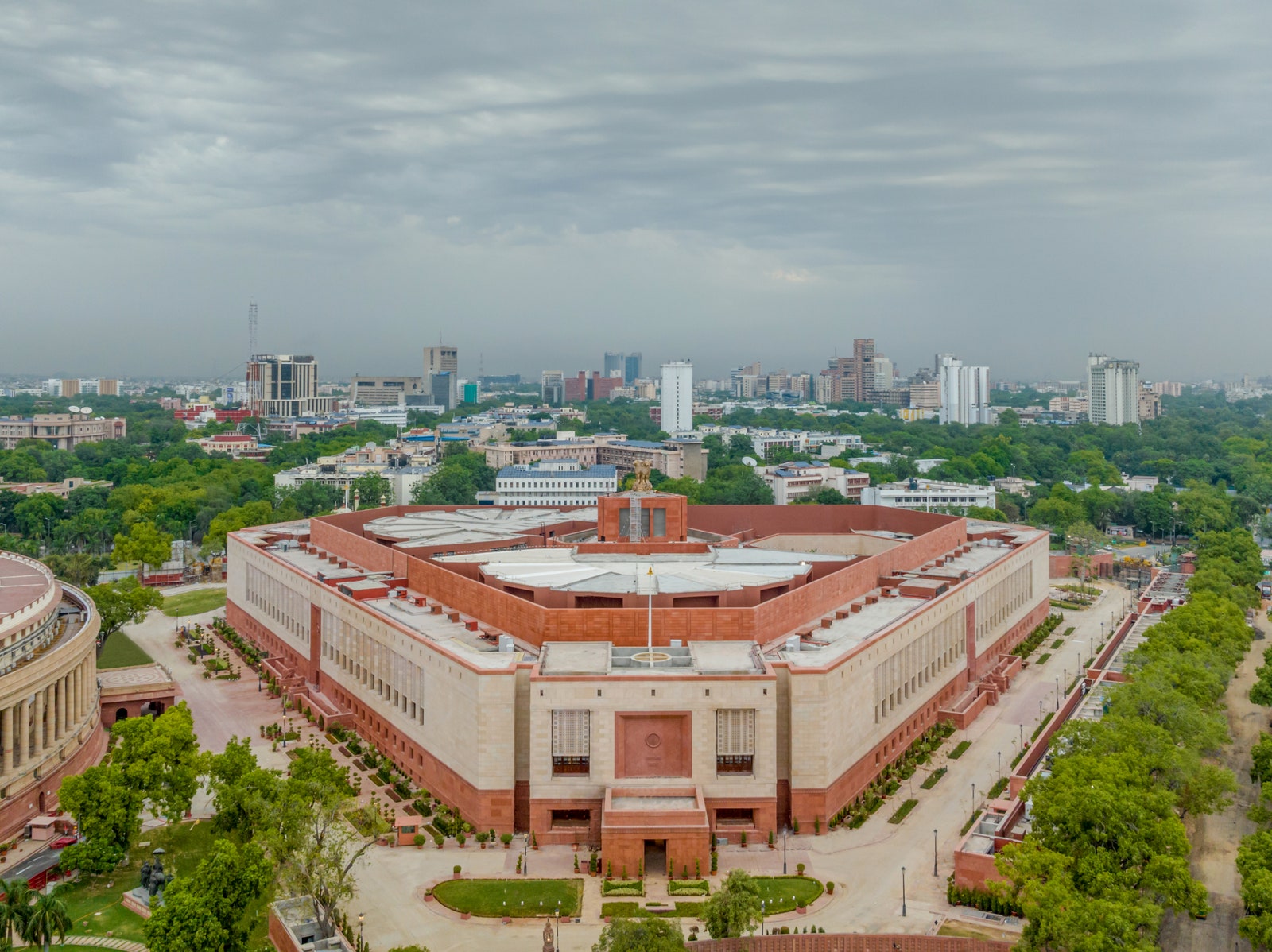
Interim budget under the previous government regime
We have seen interim budgets mimic election manifestos in the BJP-led NDA regime in the past as well. The 2014 interim budget, presented by the then Finance Minister P. Chidambaram, agreed on the demand of armed forces veterans for one rank one pension, gave subsidies on education loans, and cut excise duty on cars and mobile phones, to woo veteran voters.
The 2019 interim budget presented by Mr Piyush Goyal focused on framers, unskilled labourers, and salaried middle class who were given total tax rebates on income up to 5 lakhs. The Interim budget of 2019 set aside 6000 crores for various schemes related to farmers, the standard deduction was raised from 40000 to 50000 rupees, a new mission was launched named Rashtriya Gokul Mission to support poor people who own cows and 750 crores was set aside for the same, poor farmers were given 6000 rupees per year under PM Kisan scheme, New pension scheme was launched for unskilled labourers who will 3000 rupees per month after they completed 60 years.
Oh yes, Mr Goyal left no stone unturned to ensure his observers that the Modi government was out to woo the voter yet again and he rightly succeeded in doing so too.
The 2019 interim budget was openly called populist in its approach to wooing voters. And why would one expect it to be any different this year too?
During an election year, political candidates across the world often make promises to the public. These promises may include increased spending on social programs, infrastructure, and other initiatives. However, many of these promises come with a hefty price tag. The only concern is that the budget for 2024 may be influenced by these promises as the election-bound Government seeks to deliver on their campaign pledges.

And the industry knows that. From the investor spaces as well, we heard certain voices requesting attention towards the technological and educational upliftment of the workforce. “The upcoming budget is important for the tech world. I expect more money to go into researching and making new technologies. It is crucial to invest in education so that people can learn the skills needed for the changing job market. The budget should also encourage businesses to be more eco-friendly by offering rewards for being environmentally responsible. We need rules that support new technologies like AI and blockchain. A good budget will help our tech industry grow, stay competitive, and be responsible,” says Avnish Rana of the Noida Angels Network.
Shami Sethi of Rare Earth Vegan has a slightly deeper take on other promises we have made to the world as one of the top 5 economies of the world – The COP28 goals of the pledge to have 50% of "cumulative electric power installed capacity" to come from non-fossil fuels by 2030. “A focus on sustainable practices, and financial incentives for sustainable businesses such as vegan and plant-based food startups would be instrumental. A clear commitment to environmental sustainability and ethical business practices would not only align with global trends but also position India as a sustainable leader. We hope the budget reflects a forward-looking approach, fostering a green and compassionate economy,” says Shami.
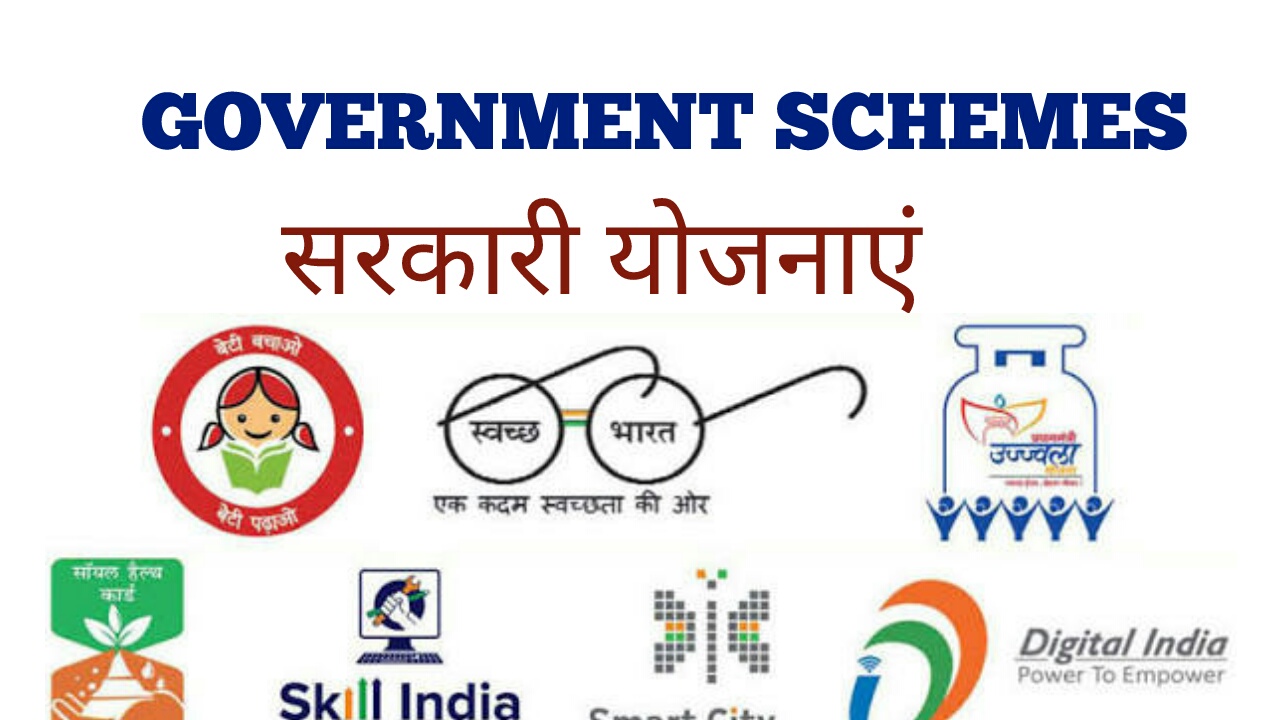
Budget to boost the economy
But these are near-term thoughts. India has been experiencing economic growth. Undoubtedly. According to the budget last year, India’s nominal GDP stands at $3.63 trillion soon heading to the $4 Trillion dollar mark. A simple nominal growth rate of 8% per annum could reach the 5 Trillion Dollar economy mark by the end of the next term of the Government (Whichever party may lead it) and maintaining the same consistency could help us cross the aspirational 10 Trillion Dollar mark by 2038.
As it stands today, India nonetheless is one of the world’s top 5 economies by GDP with the other names in the league being the United States at $26 Trillion, China at $17 Trillion and Germany and Japan on closer heels at $4-4.5 Trillion each. Now, the idea is to first conquer nearer-term goals in the next 5 years before the nation takes the longer leap and any government, incumbent or otherwise would want to take a shot at that aspirational growth story.
Setting ambitious targets for the country's economic development in line with that dream now doesn’t seem so off. Abhijit Saxena of Shinkan takes a more prudent view, “Education of its people is a foundation to a Nation. India has done remarkably well in coming up with the NEP, however now ‘more than enough’ needs to be done to push the same to every nook and corner of the country. In this year’s Budget, the expectation is that the budget is allocated towards ensuring honest and true education supported with credible and secure examinations so that we have the right people for the right jobs, which would ultimately eliminate unemployment amongst the graduates of the country.”
Adding to the other side of the spectrum, the entrepreneurial class, Ashok Balasundaram, Co-founder & Domain Expert at DaveAI said, "This decade will see India transforming from being a back-office technology provider to a digital technology hub driving the digital operations of the world's largest corporations, with the potential to become a significant player in the field of Artificial Intelligence (AI). We expect increased fund allocation to incentivise research & skill development in this field. Startups will play a crucial role in enabling this shift, however, the tax environment still remains prohibitive for global investors; we hope there are measures taken to facilitate institutional funding."

However, achieving a 10-trillion-dollar economy depends on various factors, including economic policies, global economic conditions, and domestic reforms. Chandrika Behl, Managing Director, Exhibition India Group states, “As India prepares for the Interim Budget, I hope the government continues its push towards technology-led growth. The PLI scheme, which has catalysed domestic manufacturing and exports in sectors like electronics, automobiles, and pharma, can further propel India's self-reliance and competitiveness. The Smart Cities Mission has also shown tangible progress, with projects improving urban mobility, infrastructure, and governance. However, further amendments making technology deployment integral across all facets of the Mission will maximise its impact. Regulations around emerging technologies like AI, drones, and EVs also need to evolve with the industry. Additionally, policies encouraging R&D and innovation, tax incentives for tech startups and global collaboration are crucial. The budget must balance short-term growth needs with long-term technological capacity building. We believe the Government will present a growth-oriented Budget to propel the industry towards becoming a global technology leader and a $5 trillion economy."
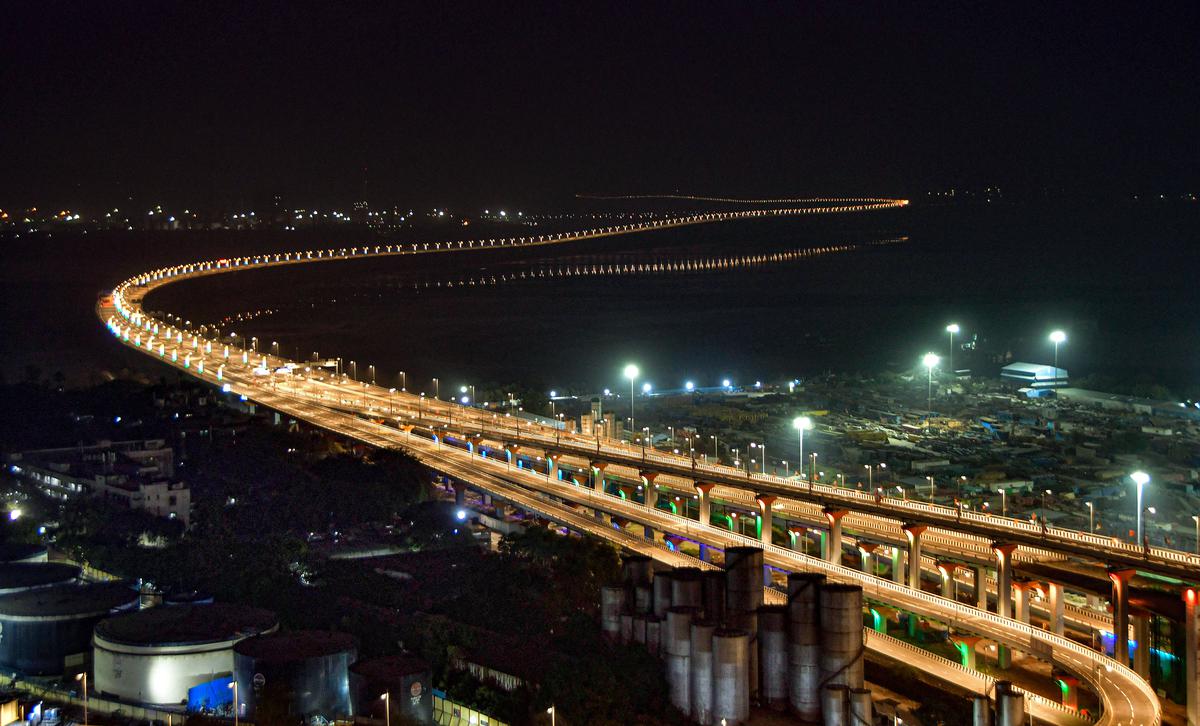
There may be steps proposed to increase spending on infrastructure, research and development, and other initiatives that can drive economic growth. A large budget allocation could potentially promise to create jobs, stimulate consumer spending, and increase business investment, thereby boosting the overall economic growth of the country. And a lot of the newer industry that has emerged and thrived in the past few years has its arms up in support.
Zankhana Sanghvi, MD, Hicharge quotes, “The Government has done well to promote clean energy and alternative sources other than fossil fuel and promoting EV vehicles thus encouraging to build EV infrastructure in the country, however, we have set off a string of steps which we now cannot stop. There should be easier access to get new connections for EVs and maybe separate departments to process applications to smoothen clearance. The CPOs who want to establish charging stations should have Loan opportunities and awareness so that the path we have set on to build and remain innovative should be continued.”
Notwithstanding, the massive infrastructure deficit needs to be addressed. The country's transportation network, including roads, railways, and ports, needs to be upgraded to meet the demands of a rapidly growing economy. The power sector also needs investment to ensure that electricity is available to all. The budget for 2024 – interim or otherwise could be used to address these infrastructure needs, thereby laying the foundation for sustained economic growth.
Dr. Yogesh Suradkar, founder, of YOGEE, is quoted as saying, “Indian industry is hopeful for reforms that foster innovation and sustainability. We anticipate supportive policies that encourage eco-conscious practices and nurture startups, with a focus on digital infrastructure and skill development. The expectation is for a budget that balances economic growth with environmental responsibility, paving the way for India to emerge as a leader in sustainable and inclusive industry practices on the global stage.”
But yet, offbeat infrastructure is also on the demand list. “As a Filmmaker, I expect the financial budget to make more states and UTs in India, film shooting friendly by keeping provisions for subsidies. Subsidies help filmmakers to shoot in a given state and portray the natural beauty of the state along with creating employment opportunities and encouraging tourism. Also, the food and beverage prices in the multiplexes can be reduced, which will drive more families to theatres to watch films and make cinema and films a more inclusive and community-building experience,” says Mansi Aggarwal of Yin Yang Films.
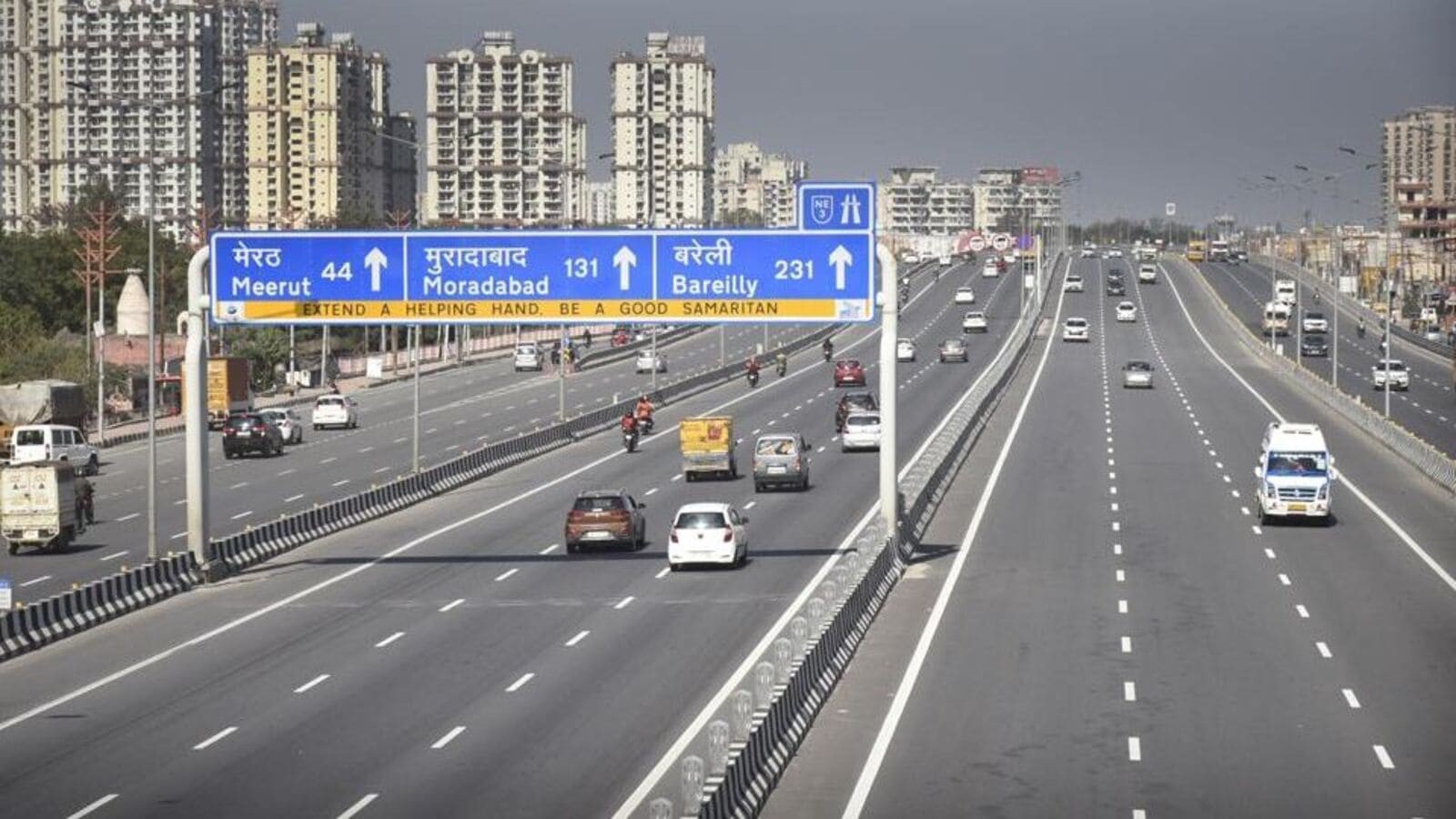
Apoorv Khare, Perfarmers Global has a pertinent demand, “Food Commodities Export Organisations expect more Duty Drawbacks, Financial Support and Export Credit Guarantee Schemes, prominent promotion for more flexible discounting schemes for Letter of Credits and Investment in Infrastructure for Promotion of Global Trade. Policies that focus on developing India as a Global export and trade hub are the need of the hour.”
If we are thus far in our journey, why should research and development take the backseat? Another area where India could benefit from increased investment. India has a large pool of highly skilled workers, but the country's research and development spending is relatively low. Increased investment in research and development could help to drive innovation and create new industries that can drive economic growth for decades to come.
Of course, a 10-trillion-dollar budget also has its potential drawbacks. A large budget could lead to inflation, increased national debt, and higher taxes for individuals and businesses. It's important to consider these potential consequences when evaluating the impact of the budget for India.
_1705806055.jpeg)
Inflation is a major concern for India, as the country has struggled with high inflation rates in the past. A large budget could exacerbate this problem, as increased spending leads to higher demand for goods and services, thereby driving up prices. Additionally, a large budget could lead to increased national debt, which could put pressure on the government to raise taxes to service the debt. Higher taxes could hurt the economy, as they discourage investment and consumer spending.
The government needs to strike a balance between increased spending and fiscal responsibility to ensure that the budget for 2024 is sustainable in the long run. The interim budget needs to show that sense of responsibility while the gung-ho feel in the atmosphere keeps the vibe of an election year alive. The budget could impact different sectors of the Indian economy in different ways, from agriculture to healthcare to education to national defence. Additionally, the budget could have political implications, as politicians seek to gain favor with voters ahead of the election.
For example, increased investment in agriculture could help to boost the rural economy, which is home to a significant portion of India's population. Investment in healthcare and education could help to improve the quality of life for millions of people, while investment in national defence could help to ensure that the country remains secure in an increasingly volatile world.
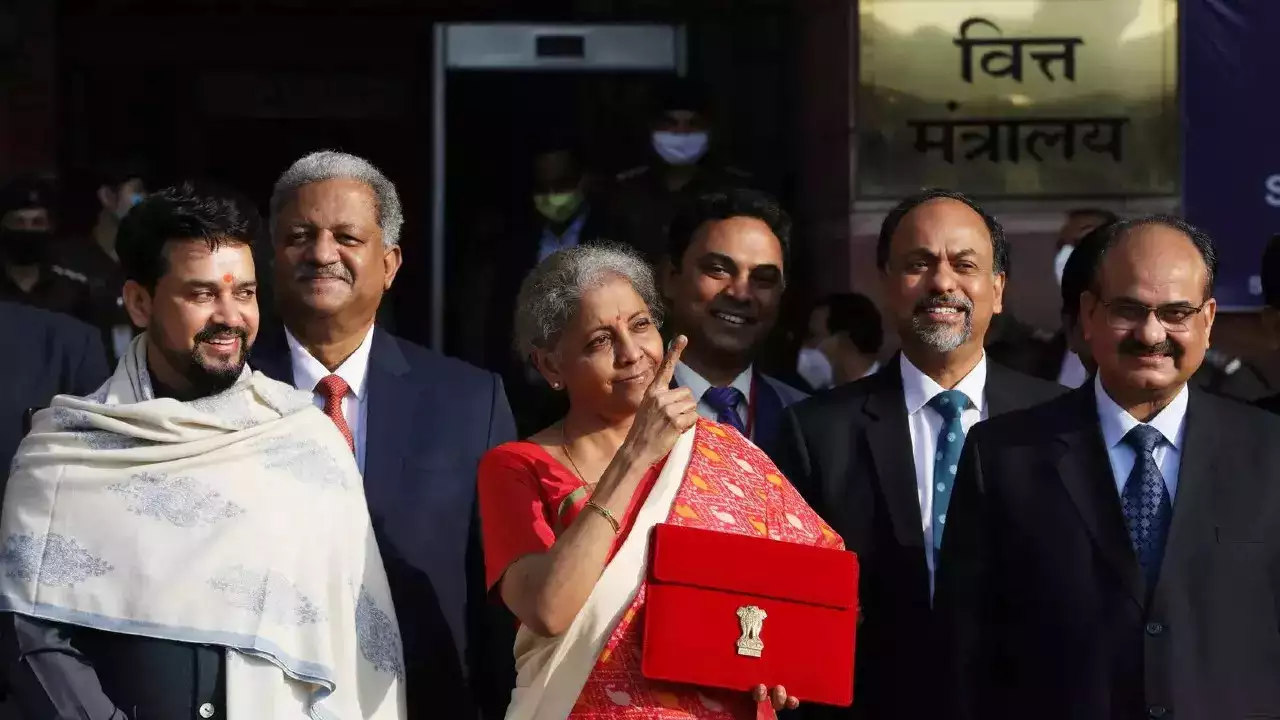
Vygr conclusion
The budget for 2024 has the potential to be a game-changer for the Indian economy and politics. Whether it's based on election-year promises or a move to boost the economy, the impact of the budget will be felt for years to come.
It is important to consider all of the potential consequences of a large budget when evaluating its impact on the economy and society of India. In the end, the success of the budget will depend on the government's ability to strike a balance between increased spending and fiscal responsibility to ensure sustainable growth for India. As per the code of conduct of the Election Commission of India, the outgoing government will not be allowed to propose any major tax and economy-related policies to avoid its influence on electors. In addition, as the Finance Minister herself quoted, taxpayers will have to wait until the new government comes in July to see any drastic change. ‘No spectacular announcements’ as she says.
Interestingly enough, in the year 1991 when the then Finance Minister Manmohan Singh was standing at the cusp of what is now known to be a historical year of India’s growth story, he quoted Victor Hugo – ‘No Power on Earth can stop an idea whose time has come.’
Are we standing at the cusp again? Only time will tell.
© Copyright 2024. All Rights Reserved Powered by Vygr Media.

